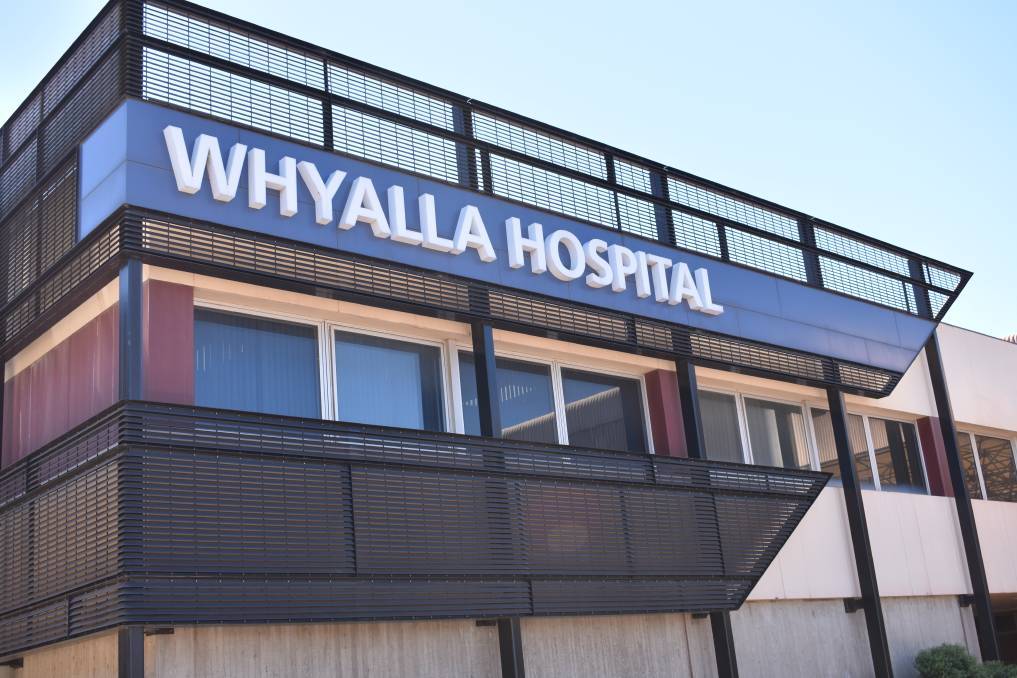11
Nov 2020
Accommodation and travel to Whyalla Hospital
Published in General on November 11, 2020

Accommodation
Whyalla Hospital and Health Service has low cost, on-site self-contained unit accommodation available for patients and carers who live outside of Whyalla requiring access to hospital services.
The units cost $30 per night and include cooking facilities, television, air conditioning, a single bedroom with double bed, bathroom and a sofa which can be folded out to afford another double if required.
For bookings phone (08) 8648 8656
In addition, there are many suitable choices close to the hospital. For patients and visitors who need accommodation please visit the Tourism SA website.
Travel
Bus services
The local bus service stops in front of the hospital.
Transport Home
The Red Cross may be able to assist patients with their transport service to the Eyre Peninsula if prior bookings have been made.
All babies travelling home by car must travel in a fitted car seat or capsule. Local taxis can provide a cab with a capsule if ordered in advance.
Patient Assistance Transport Scheme
The South Australian Patient Assistance Transport Scheme (PATS) provides some financial reimbursement to country patients and approved escorts for the cost of travel and accommodation if they are required to travel over 100 kilometres (each way) to receive specialist medical treatment that is not available at their nearest centre.









